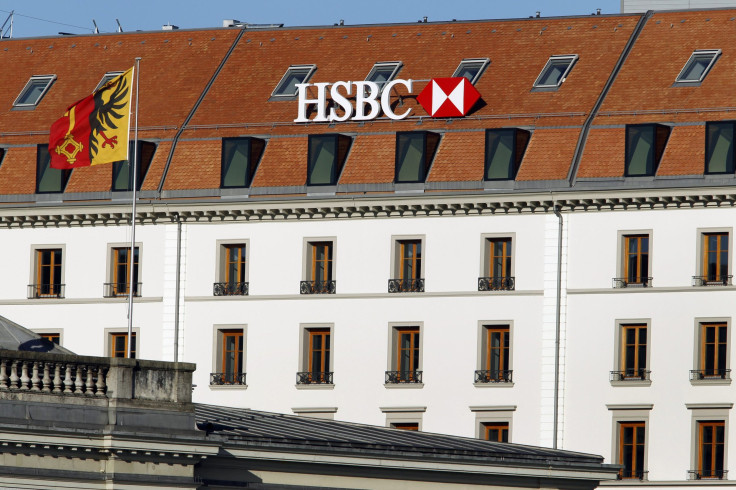HSBC Leaks: Venezuela Had Third-Largest Amount Of Money Stored In Swiss Banks, Report Says

Venezuelans are questioning why a former treasury minister and ex-bodyguard of late President Hugo Chávez is linked to a Swiss bank account with HSBC holding billions of dollars. The revelation came this week amid a trove of leaked documents that highlighted Venezuela’s role as a major client in Switzerland’s private banking industry.
The International Consortium of Investigative Journalists released a report this week detailing its findings based on nearly 60,000 internal HSBC documents from 2006 to 2007 leaked by whistleblower Hervé Falciani, a former employee of the bank. The leaks shed light on a notoriously secretive banking industry that has been implicated in helping wealthy clients keep their assets hidden, in some cases from domestic tax authorities and in others for illicit activities. In terms of dollar amounts, the report stated that Switzerland and the United Kingdom were the top sources of funds in Swiss HSBC accounts, with $31.2 billion and $21.7 billion held by each country’s clients, respectively. Venezuela ranked third, with $14.8 billion.
The bulk of that amount was reportedly held by Venezuela’s Treasury Office under the name of Alejandro Andrade, who served as Venezuela’s treasury minister from 2007 to 2010, and was also president of the Economic and Social Development Bank of Venezuela, known as Bandes, from 2008 to 2010. The bank became the target of a U.S. lawsuit targeting four individuals accused of participating in a kickback scheme benefiting Bandes’ vice president and a Miami-based brokerage firm. The scheme allegedly occurred during Andrade’s tenure, but Andrade himself wasn’t named in the suit.
Andrade was also a close associate of Chavez’s, having participated with him in the 1992 failed coup attempt. According to the report, he is now based in Palm County, Florida, and “has invested in show horses.”
According to the data, Andrade’s account held $11.9 billion. By comparison, Venezuela’s per capita GDP in 2007 was $8,300. Holding money in a Swiss bank account doesn’t indicate legal wrongdoing; some high-profile figures (including U.S. celebrities Christian Slater and Phil Collins, as well as the kings of Jordan and Morocco) have been named in the documents without much question. But the issue has raised some eyebrows in Venezuela, a country that doesn’t quite have a sparkling reputation in terms of transparency. Nongovernmental organization Transparency International ranked Venezuela 161 out of 172 on its 2014 Corruption Perceptions Index, which gauges perceptions of corruption in countries’ public sectors, based on a survey of expert assessments. Venezuela’s ranking was the lowest among Latin American countries, falling just one spot below notoriously corrupt Haiti.
Venezuelan opposition deputy Andrés Velasquez spoke out forcefully in response to the leaks Monday. “I request that the government clarify the destinations of the public fund deposits in Swiss accounts,” he wrote on Twitter. “The corruption of the regime has obliterated immense oil revenue,” he added.
Other Latin American countries had thousands of clients stashing away several billions in HSBC during that time period as well, the report found. Brazil ranked ninth in terms of dollar amounts stored with the bank, at $7 billion; Argentina was No. 21 with $3.5 billion and Panama was No. 25 with $2.8 billion.
© Copyright IBTimes 2024. All rights reserved.






















